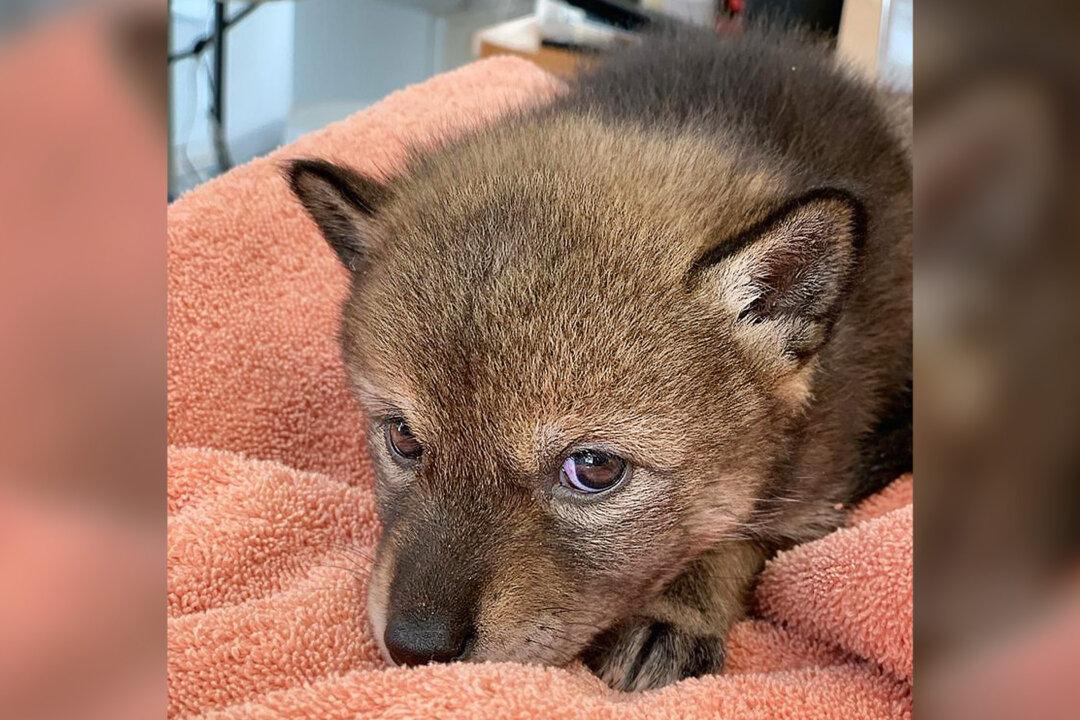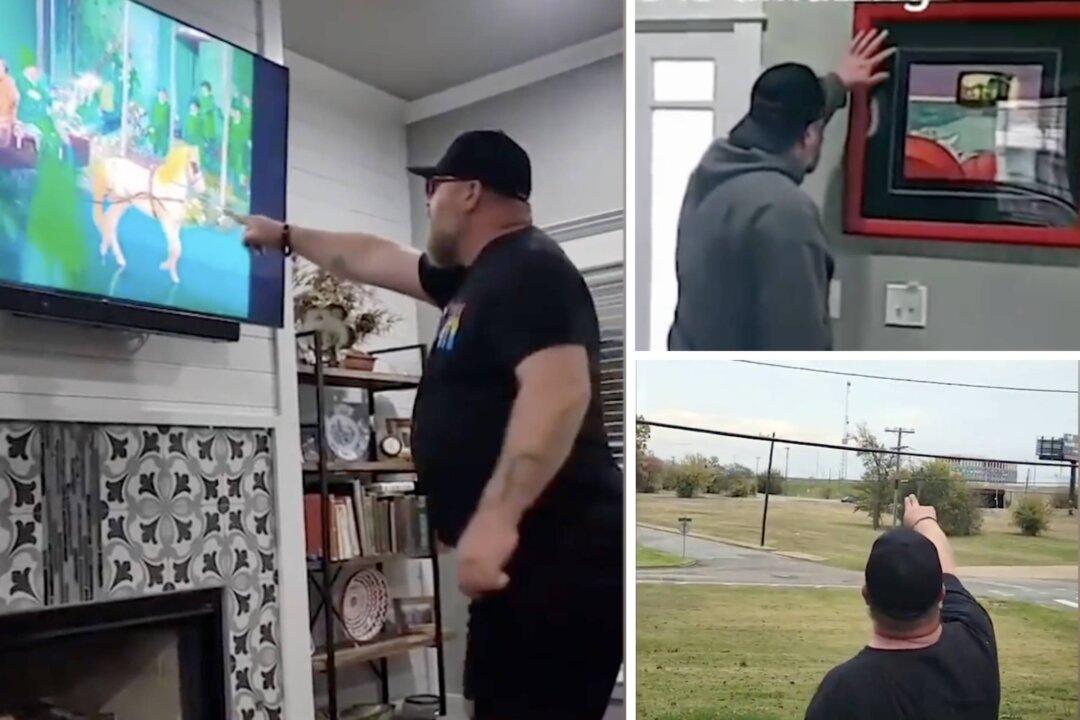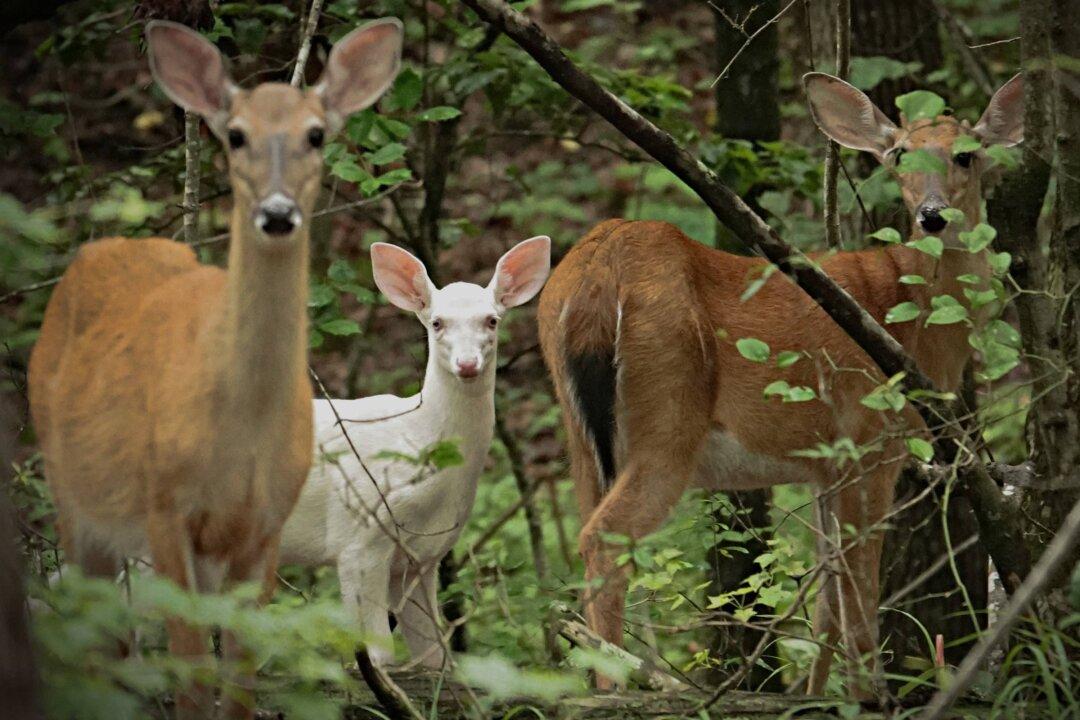Spring is busy season for wildlife centers everywhere, and bizarre-seeming stories like this one are happenstance for staff who work there.
What looked like a lost puppy in distress on the side of a road turned out to be something else entirely, after someone near Dover, Massachusetts, drove by and decided to pick up the adorable canid.






